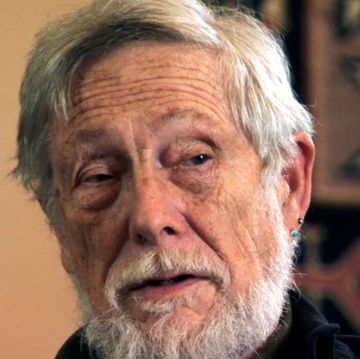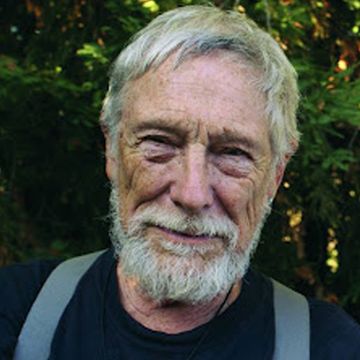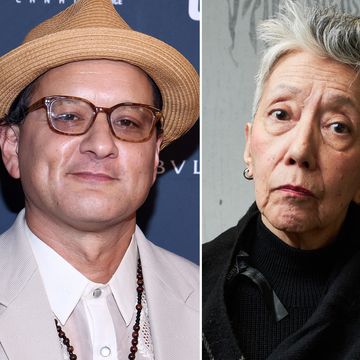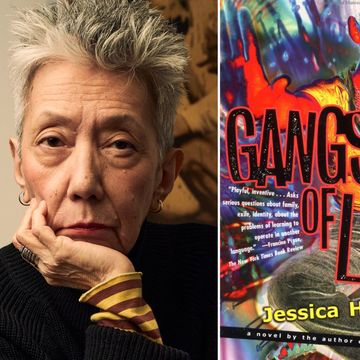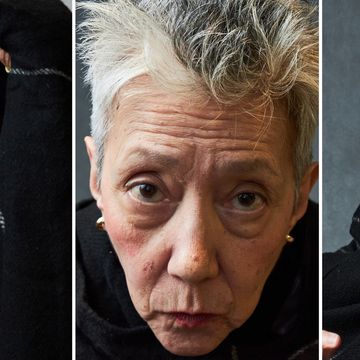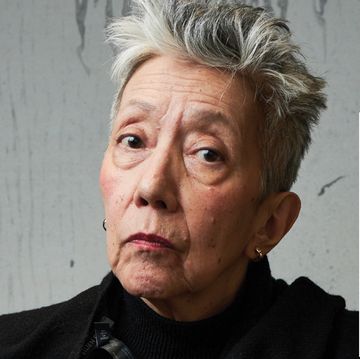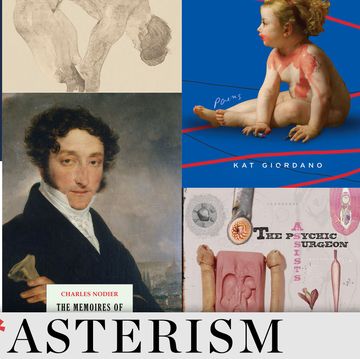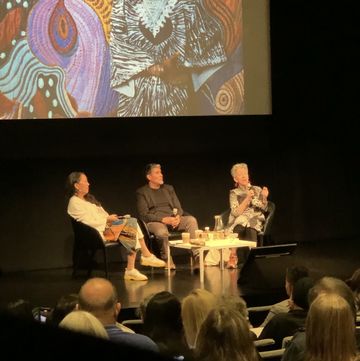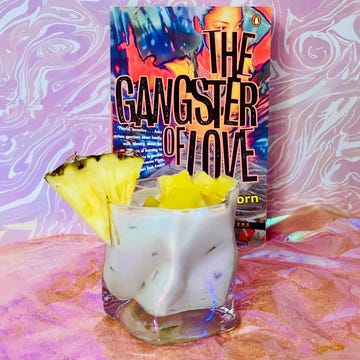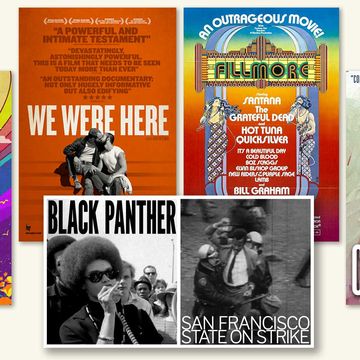David L. Ulin, Alta Journal’s books editor, opened this month’s California Book Club conversation with Laila Lalami by commending Lalami on the ensemble of voices in her novel The Other Americans. “I was struck by the kind of assurance of the finished product, in the sense of how you know the build of the narrative through this weave of voices,” Ulin said.
Referring back to the beginning of the writing process, Lalami let viewers know that the first drafts of The Other Americans were quite different: a family member’s illness had her ruminating on distance as an immigrant and the way that it complicated her life. Thus, the novel began from a place of grief, and the mystery element that developed in the book operated as a plot driver. “Adding that element of suspense would keep me interested in writing and knowing what happened next, because I didn’t know what would happen next,” she explained. Nora and Jeremy’s love story also came as a result of a desire to keep readers—and Lalami herself—invested in the characters. “I need something that also keeps tenderness in the narrative. And so that’s where the idea of the love story came about.”
After getting some feedback from an editor, Lalami excavated the lives of the other characters from her story, creating a level of “openness in bringing in these voices.” That gave her an opportunity to look empathetically at how upbringing and personal history affect personality development and worldview. “I’m just really not sure that any of this is not random, and driven by accidents of birth, and accidents of how we have been brought up, that lead us to have these particular perspectives on things.”
Special guest Danzy Senna, also a novelist, joined the conversation and asked Lalami about the “radical pluralism” of her novel. Lalami explained that the small towns of popular imagination didn’t match her reality, where small towns are full of ethnic microcommunities. But building these worlds, pulling from her own experience—“all it is is an entry point,” she said. Specific characters, like the Iraq veterans in the novel, caught her attention, and after that, momentum carried her: “With this book, it was a question of finding a place to start, and once I started, [working] through draft after draft and waiting and being patient with each character until it got built.”
Senna asked Lalami about the title of the novel, mentioning Lalami’s estrangement from official forms that required her to pick a race or else mark “other” for her racial identity. Lalami agreed, explaining that the book’s throughline was this type of alienation; she had joined the words other and Americans to capture the sensation. In addition, she said, she had wanted to capture the shock and awe of casual racism, especially when it comes from someone who seems benevolent.
Ulin rejoined the conversation for a back-and-forth between Senna and Lalami, covering the range of characters, intuition, and the consequence of history. They dived into the perspective of AJ, a specific character who was difficult to write because of his worldview. But, Lalami explained, he was critical to the integrity of the story because “communities are not made up of people that agree with each other on everything.… They’re not made of people who are all the same. They’re by necessity going to be diverse places, in all kinds of ways.” In discussing the natural progression of characters, Senna added, “I always think that my subconscious knows more than I do when I’m writing fiction. So you make a decision like that because you’re just sort of feeling it. And later you can see the logic.”
In a somber transition to the novel’s backdrop of the Iraq War, Lalami shared her personal interest in the war and the horror with which she watched it when it began in 2003. She had predicted the radical consequences it could have. Writing the lives of veterans of that war, like Jeremy, was an exercise in understanding: “There’s so much chaos in life. There’s so much complication to people’s lives, and that had to be rendered for me through this character.”
Our author, host, and guest ended their evening with a conversation about time, a concept every novelist must grapple with in their writing process. “Immigration is one of those things that sort of splits time, right?” Lalami explained. “You’re constantly thinking about that other country, and therefore about a place that you no longer live in, that exists solely in the past for you.” Senna pointed out that many novels came out immediately in the aftermath of 9/11 and the Iraq War, while Lalami had the patience to wait until later, when the impact of both had come more into focus. Referencing the 2016 election, Ulin added, “We could trace a line from 2003.”•
Join us on April 18 at 5 p.m., when author Jessica Hagedorn will appear in conversation with California Book Club host John Freeman to discuss The Gangster of Love. Register for the Zoom conversation here.
Jessica Blough is an associate editor at Alta Journal. She is a graduate of Tufts University and former editor in chief of the Tufts Daily.

